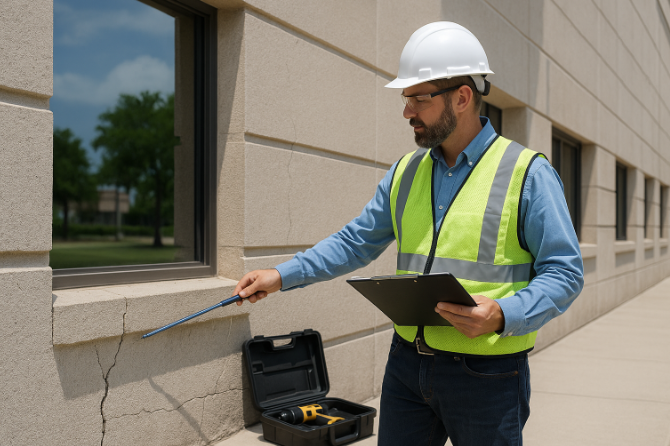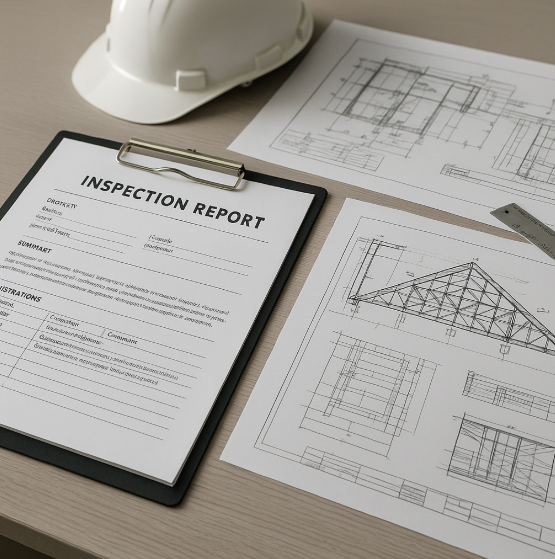In Florida’s demanding climate and high-occupancy buildings, structural integrity is not just a concern — it’s a critical responsibility. At RAS Engineering, we understand that safety starts with understanding your building’s condition from the inside out.
Whether you manage a condominium, oversee a commercial property, or represent a private equity or real estate investment group, routine structural integrity inspections are your first line of defense against costly damage, code violations, and safety risks.
What Is a Structural Integrity Inspection?
A structural integrity inspection is a comprehensive evaluation of a building’s core components, including the foundation, beams, joists, columns, roof systems, load-bearing walls, and other critical infrastructure. RAS licensed structural engineers assess for signs of wear, water damage, pest intrusion, mold, shifting, or other indicators of structural stress or failure.
In Florida, this type of inspection is not only recommended — it is required by law. Following updates to the Florida Building Code and evolving insurance regulations, more municipalities are enforcing routine checks, especially for older or high-rise buildings.
Why Safety Inspections Matter




